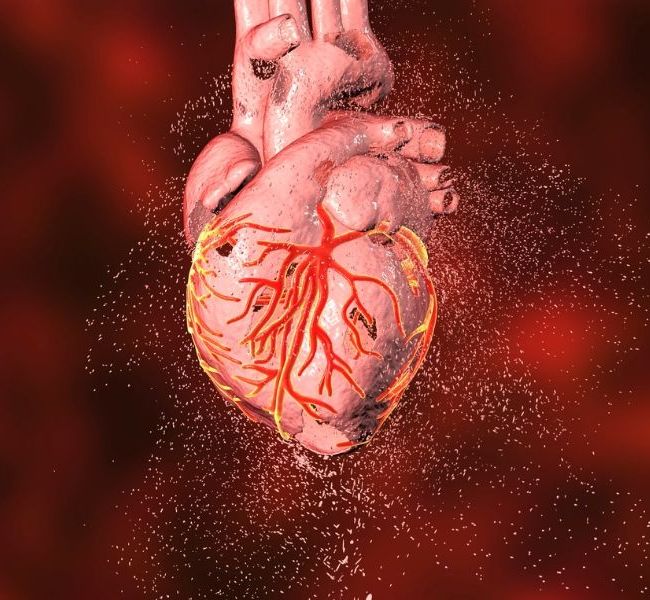Non Invasive Cardiology
Non-Invasive Cardiology: Assessing Heart Health Without Invasive Procedures

Non Invasive Cardiology
Non-invasive cardiology encompasses a range of diagnostic techniques used to evaluate heart health without invasive procedures. These include electrocardiography (ECG), echocardiography, stress tests, and cardiac MRI, providing valuable insights into cardiac function and structure.
By employing non-invasive methods, clinicians can assess cardiovascular health, diagnose conditions such as coronary artery disease and heart failure, and monitor treatment responses. This approach reduces patient discomfort, eliminates the risks associated with invasive procedures, and allows for timely interventions to improve heart health and prevent complications.
Here’s a step-by-step explanation of how Non Invasive Cardiology typically works
Begin by gathering the patient’s medical history, including symptoms, risk factors, and past cardiac events.
Conduct a thorough physical examination, paying close attention to cardiac signs and symptoms.
Based on the patient’s history and physical exam, select appropriate non-invasive diagnostic tests such as electrocardiography (ECG), echocardiography, stress tests, or cardiac MRI.
Perform the selected diagnostic tests to assess cardiac structure, function, and blood flow. For example, echocardiography provides detailed images of the heart’s chambers and valves, while stress tests evaluate heart function during physical exertion.
Analyze the results of diagnostic tests to identify any abnormalities or signs of cardiovascular disease.
Utilize the findings from diagnostic testing to stratify the patient’s risk of cardiovascular events and guide further management decisions.
Collaborate with the patient to develop an individualized treatment plan based on their diagnosis, risk factors, and preferences. This may include lifestyle modifications, medications, or referral to a specialist for further evaluation or intervention.
Regularly monitor the patient’s progress and adjust the treatment plan as necessary. Follow-up visits and repeat diagnostic testing may be scheduled to assess treatment efficacy and disease progression.
Non Invasive Cardiology is used in various medical specialties
Non-invasive cardiology finds applications across diverse medical fields, including internal medicine, family medicine, cardiology, and emergency medicine. Its diagnostic tools, such as echocardiography, stress tests, and Holter monitoring, aid in assessing cardiovascular health and guiding treatment decisions without the need for invasive procedures.
Leading cardiologist, dedicated to pioneering treatments, enhancing heart health, and transforming lives through compassionate care.
About Us
Contact Info
- +91-8928 273 010
- drameyatirodkar@gmail.com
- 302, Third Floor Neminath Square, S M Diagnostics S V Road off Ram Mandir signal Goregaon West 400104
Copyright @2024. All Right Reserved | Designed By Rebecca Digital.

